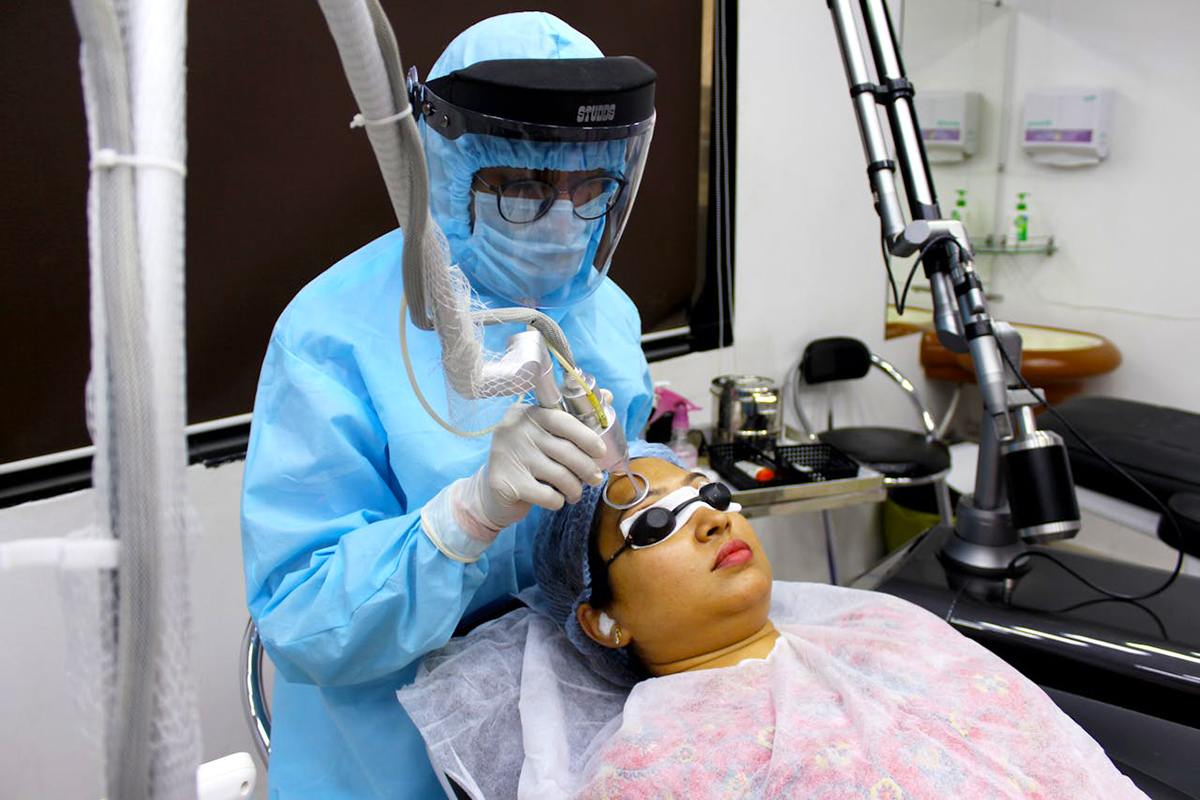I’ve been on the birth control pill for most of my life. Recent blood work showed that my estrogen and testosterone levels are low. My gynecologist has suggested changing to a progesterone-only pill and injecting HRT pellets for hormone regulation. Thoughts on HRT pellets?
—LGF
I think there are really two issues to consider here. First, when was the blood work done? If it was done while you were taking a birth control pill, it is not clear how meaningful it is. When someone is taking a birth control pill, we expect to see low levels of follicle-stimulating hormone and luteinizing hormone, low to normal estrogen, and low to normal testosterone. If you are feeling good and your labs are consistent with this pattern, there is no reason to make a change.

Assuming you aren’t feeling great, the next question is: would hormone pellets help you feel better? Hormone pellets are small beads that are placed under the skin. They can contain a number of different hormones, including estrogen and testosterone. They release those hormones into the body. Typically, they last about three months. Often neither the placement procedure nor the pellets themselves are covered by insurance.
The technology is not new — it was developed in the 1930s — but there are a few things to consider before taking the leap. First, hormone pellets are not approved for use by the FDA. They are formulated in compounding pharmacies. Similar to “bioidentical” hormone creams, there is no guarantee that what you are getting in hormone pellets is what you think you are getting. Additionally, because the pellets are implanted, once they are placed, we don’t usually remove them (although they can be removed), so you are stuck with any unwanted side effects for the lifespan of the pellets.
The last issue to consider is that pellets don’t release hormones steadily over their lifespan. Hormone levels tend to be highest shortly after they are placed and fall gradually over time. This means that, at times, particularly testosterone levels can be much higher than the normal range for a woman, which can result in acne and body hair growth. It also means that toward the end of the pellets’ life, some women will see their perimenopausal symptoms return.
There is no data suggesting that pellets are superior to other FDA-approved ways of giving hormones, such as pills or patches. In fact, there are no recently published studies of hormone pellets at all.
The upshot: If you are feeling well, there is no need to switch hormone formulations to increase low estrogen or testosterone levels. Hormone pellets have not been shown to be superior to other methods of giving hormone therapy, they are not approved by the FDA, and they are not typically covered by insurance.
Community Guidelines















Log in